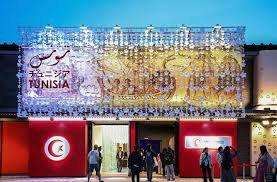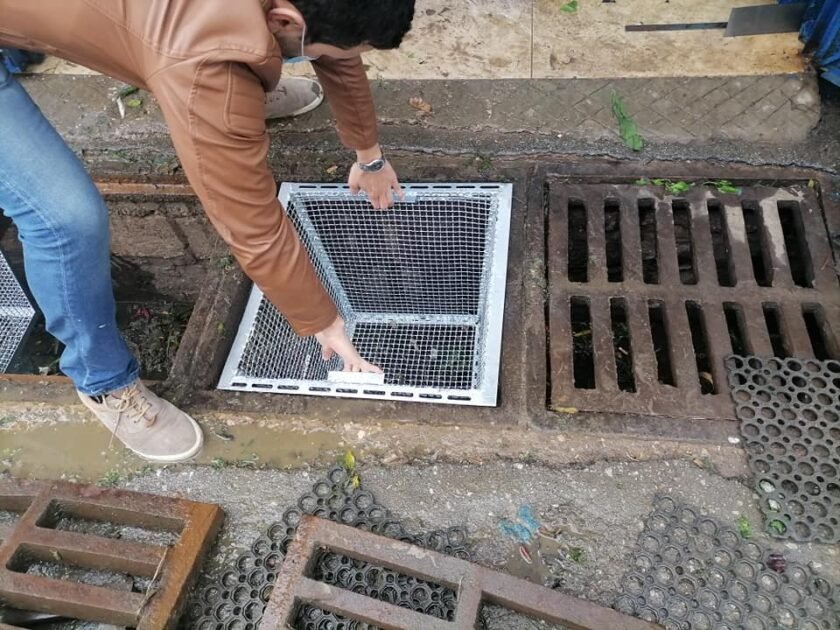As the curtain prepares to fall on the Osaka 2025 World Expo on October 13, the Tunisian national pavilion stands out as a resounding success, continuing to draw large crowds in the event’s final days. Thousands of visitors, primarily from Japan and across Asia, have flocked to the pavilion, captivated by its immersive presentation of the North African nation’s rich heritage and forward-looking vision.
Under the resonant theme “Tunisia Eternal: The Seed of Tomorrow,” the pavilion has masterfully bridged the gap between ancient history and modern innovation. The design, inspired by the graceful architecture of a date palm leaf—a tree deeply symbolic in Tunisian culture—has provided a stunning backdrop for a journey through the country’s contributions to civilization.
“The response has been phenomenal. We set out to tell the story of Tunisia not just as a destination of sun and sea, but as a cradle of civilization and a hub of sustainable knowledge,” said a spokesperson for the Tunisian Pavilion. “To see so many visitors, especially from Japan, engage so deeply with our culture has exceeded our expectations.”
Central to the pavilion’s appeal has been its multi-sensory approach. Visitors queue to experience a state-of-the-art virtual reality tour of ancient Carthaginian sites and the sprawling medina of Tunis. Interactive exhibits showcasing traditional crafts, such as ceramic art and weaving, have allowed for cultural exchange, while displays on Tunisia’s growing tech and renewable energy sectors have highlighted its modern ambitions.
“The harmony between the traditional and the technological is what impressed me most,” said Yuki Tanaka, a visitor from Kyoto. “I came knowing very little, but I leave with a deep appreciation for Tunisian culture and a desire to one day visit.”
The pavilion’s strategic focus on universal themes of sustainability and cultural preservation has resonated strongly with the Expo’s overarching theme, “Designing Future Society for Our Lives.” The emphasis on the date palm, a tree that provides sustenance, shelter, and economic opportunity in arid climates, has been a powerful symbol of resilience and sustainable living.
With the Expo’s conclusion imminent, the Tunisian pavilion’s sustained popularity is seen as a major victory for the country’s cultural diplomacy and tourism promotion efforts. By creating a memorable and impactful presence, Tunisia has successfully planted a “seed of tomorrow” in the minds of international visitors, paving the way for future economic and cultural exchanges long after the Expo gates close.
TunisianMontorOnline (Editorial Staff)




